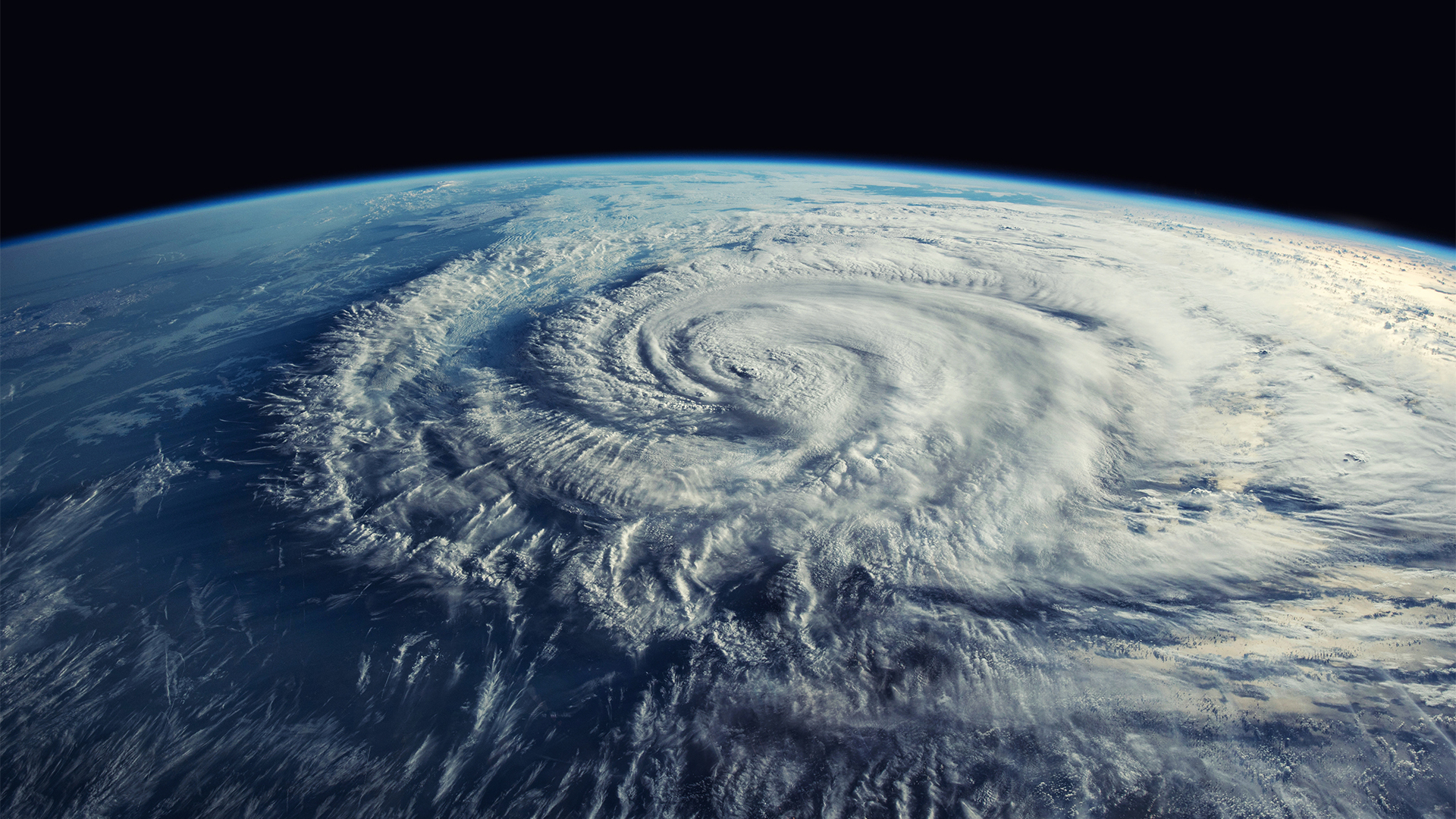Climate change resulting from global warming has become a global concern, as its phenomena and repercussions threaten nearly half of the world's population and natural life in it, with serious risks within a few years.
The population of developing countries is the most affected, as the United Nations confirms that these countries need one trillion dollars annually to avoid the negative effects of climate change, including the Arab world, where a number of countries suffer from high temperatures, water scarcity, drought and erosion of their coasts on the Mediterranean Sea, which The water level rises, threatening historic cities with drowning.
The Gulf region also witnessed frequent dust and thunderstorms, accompanied by heavy floods.
Studies warn that temperatures in some Gulf countries may exceed 60 degrees Celsius by the middle of this century.
The episode (12/5/2022) of the program “The Story of the Rest” monitored climate change in the Arab world, especially in the Sultanate of Oman, which is suffering from an increase in the rate of tropical cyclones, and Algeria, which witnessed fires in the fabric of its Atlantic forests, with its southern lands suffering from desertification, and a rise in Temperatures and drought affect people's lives and agricultural and economic activities, and farmers in Jordan suffer from water and rain scarcity.
The countries of the Middle East and North Africa are witnessing a warming equivalent to twice the global average.
Ahead of the recent climate conference in Sharm el-Sheikh, a report by the Greenpeace organization concerned with environmental issues described the situation in the region as being on the brink of an abyss, and dealt with the impact of climate change in 6 Arab countries, namely Lebanon, the UAE, Algeria, Egypt, Tunisia and Morocco.
The report expected that 80% of the densely populated cities in the Middle East and North Africa would suffer from heat waves, and that temperatures would exceed 60 degrees in the future in some regions of the Middle East and the Gulf states, in light of the high emissions of greenhouse gases.
Egypt is the fifth country in the world vulnerable to the economic impacts of sea level rise on coastal cities and the delta, and various estimates indicate a decrease of between 10% and 60% in the yield of agricultural interests in Egypt, due to high temperatures, water scarcity, and increased water salinity. irrigation.
UN reports warn that Iraq is among the 5 countries most affected by climate change, and is threatened with losing 20% of its fresh water, if the temperature rises by one degree by 2050. In the same year, Sudan is expected to lose more than 30% of its GDP. due to climate changes.
For the same reason, the Lebanese GDP will decrease by 14% in two decades, and the rate is increasing if the situation does not change. Morocco has lost, due to droughts, two-thirds of the palm trees in oases during the past century, which were estimated at 14 million palm trees.
As for Tunisia, it is threatened by the repercussions of climate change by losing its natural resources, and is expected to face a severe shortage of grain crops, due to the drying up of about a third of the agricultural areas by 2030.
Commenting on climate change and its impact on the Arab world, the Technical Undersecretary of the Iraqi Ministry of Environment, Jassim Al-Falahi, confirmed that the government has put in place a national mechanism to confront climate change, which is a priority for the current government, because Iraq is one of the 5 countries most affected by climate change in the world.
He added that the major problem is that water revenues in Iraq are witnessing a significant decline, which affects agricultural production in the country, noting that the Iraqi government is working to raise the popular level of this danger to help the government find appropriate solutions.
In turn, Egyptian space scientist Issam Hajji said that climate changes witnessed a frightening acceleration, as the planet's temperature was rising every million years by one degree, and this rate became within 50 years only, which causes an imbalance in the composition of the planet.
He added that the Arab world does not give climate change the necessary attention, out of ignorance of the seriousness of changes that may lead to natural disasters that cannot be counted, adding that climate changes in the Arab world differ from one country to another, but the most important danger is sea level rise, and all Arab countries must seek help. scientists to find quick solutions to this danger.

